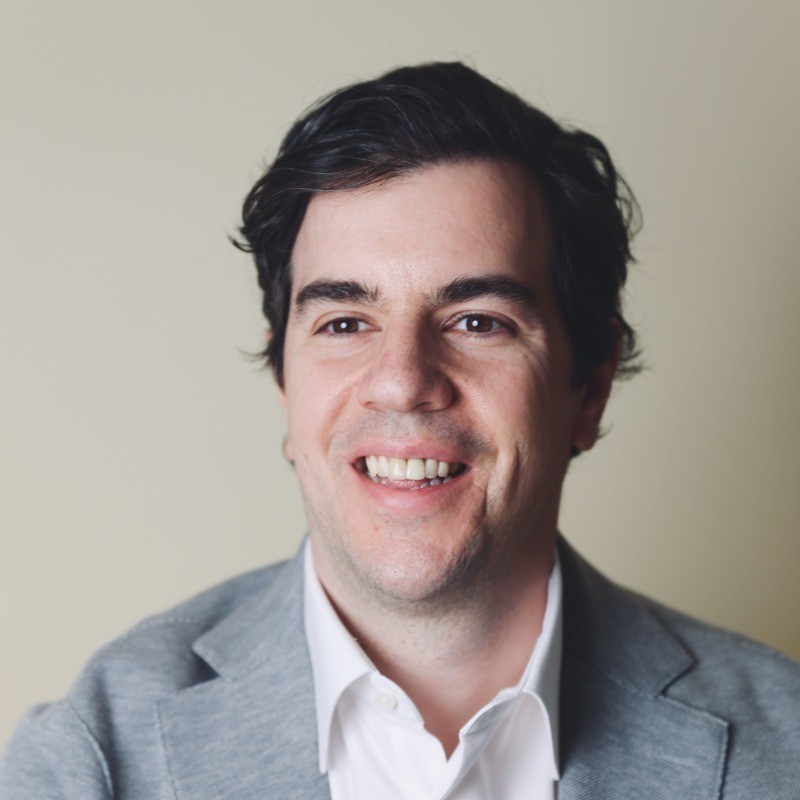I am a Ph.D. Candidate at Osgoode Hall Law School, where I taught first-year criminal law as an adjunct professor in Fall 2023. I graduated as the gold medallist from Osgoode, following which I obtained an LLM from Harvard Law School and clerked for Justice Morris Fish of the Supreme Court of Canada. Prior to commencing my doctorate, I practiced criminal, regulatory, and civil litigation for nearly a decade, most recently with Henein Hutchison Robitaille LLP in Toronto. My Ph.D. research studies the efficacy of the criminal sanction and other regulatory measures as tools for combating hate and racist speech, focussing on the social and legal history surrounding the prosecutions of Holocaust deniers Ernst Zündel and James Keegstra. My academic writing has been published in the Osgoode Hall Law Journal, Manitoba Law Journal, Criminal Law Quarterly, Canadian Jewish Studies, Canadian Journal of Law and Technology, and the Canadian Military Journal. I have received numerous awards for my doctoral work, including the R. Roy McMurtry Fellowship and the Peter Oliver Prize from the Osgoode Society for Canadian Legal History, the Joseph-Armand Bombardier CGS Doctoral Scholarship from the Social Sciences and Humanities Research Council, and the Switzer-Cooperstock Student Prize in Western Canadian Jewish History from the Jewish Heritage Centre of Western Canada.
Research
My dissertation is a legal-historical study of the prosecutions of Holocaust deniers Ernst Zündel and James Keegstra in the 1980’s and their appeals to the Supreme Court of Canada in the early 1990’s. I also explore human rights proceedings and related civil actions initiated against Zündel after his conviction was overturned by the SCC in 1992 until his deportation to Germany in 2005. The primary objective of my research is to assess what these legal proceedings and their impact on the Jewish community tell us about the limits of the criminal sanction and other regulatory measures as a means for protecting vulnerable communities from harmful speech.
My dissertation examines the Keegstra and Zundel cases from the perspective of Canadian Jews. Rather than revisiting the question of whether philosophy or constitutional rights suggest that criminal law should or should not forbid hate speech and under what conditions, I ask: assuming that hate speech harms vulnerable groups and pollutes our discourse, what can history tell us about the law’s ability to combat it?
